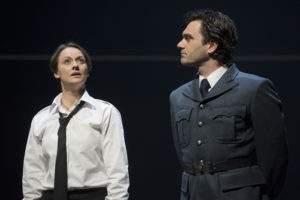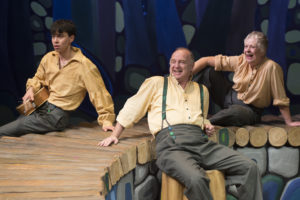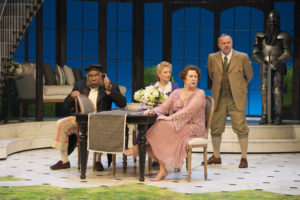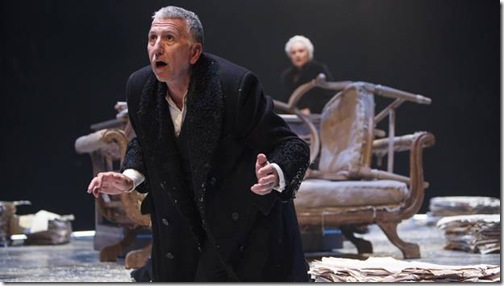The Shaw Festival opens with an outstanding Saint Joan

NIAGARA-ON-THE-LAKE, Ont. — Critic Kenneth Tynan once observed that Bernard Shaw’s Saint Joan was the first work to show the beginnings of the playwright’s senility.
Tynan reveled in this kind of attention-grabbing judgment. But on this occasion, it could also be seen as a diversionary tactic to quell the discomfort Tynan himself might well be feeling over the readiness of Shaw to take a serious look at matters spiritual in this play. And Tynan — like Shaw, a non-believer — ultimately did yield to its strange power. After hammering the play and dismissing Joan of Arc as “a divinely illuminated simpleton,” Tynan went on to confess that he was moved to tears by the conclusion of the performance he was reviewing. …





